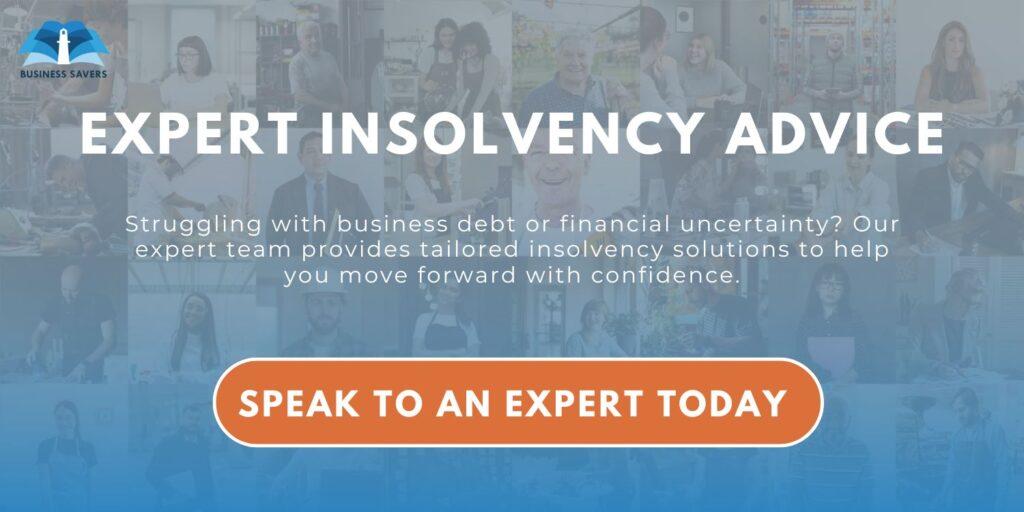More than 5 million Australians have struggled to pay their debts at least once in the last 12 months. That’s an alarming number, but help is available.
Australians have access to a range of debt management solutions. These include formal and informal options for negotiating with creditors, reducing your debt and making your repayments more manageable.
In this article, we’ll share effective debt management solutions you can use to get on top of personal debts.
Common Debt Management Solutions
There are many ways to manage personal debts when you are struggling to make repayments.
Some of these solutions can impact your day-to-day life as well as your future. We recommend speaking to a professional adviser before pursuing any of the following options:
1. Temporary Debt Protection (TDP)
You can apply for Temporary Debt Protection (TDP) if you are struggling financially.
TDP gives you a 21-day protection period where unsecured creditors are prevented from taking enforcement action (e.g. seizing your property) to recover the money they’re owed.
TDP only applies to unsecured creditors. It does not prevent secured creditors from taking enforcement action. It does not apply to certain unsecured debts, including HECS/HELP debt, spousal and/or child support payments, and court ordered fines.
You can use the 21-day protection period to:
- Negotiate with creditors and try to reach a payment arrangement
- Investigate formal insolvency options, like Debt Agreements and Personal Insolvency Agreements
Important: Applying for TDP is an “act of bankruptcy”. A creditor can use your application to make you bankrupt.
We strongly recommend talking to the team at Business Savers if you are considering Temporary Debt Protection. We can discuss your options and figure out whether it’s the right solution for you.
2. Private Agreements With Creditors
Creditors may be willing to negotiate a private payment agreement with you.
While creditors have other means of recovering a debt, they often see better returns if they are open to negotiating. Every private agreement is different. It’s common for creditors to agree to:
- Reduce the total amount of your debt
- Alter the loan term
- Refinance the debt to a lower interest rate
- Convert an unsecured debt into a secured debt
- Change the frequency of payments
- Lower your repayment amounts
The nature of your agreement depends on the creditor, the size of the debt, and whether you’ll be able to service an alternative arrangement.
It’s best to seek financial advice before negotiating with creditors. Understanding your finances and proposing a fair agreement is the best way to reach a new arrangement.
3. Debt Consolidation
Debt consolidation allows you to refinance all of your debts into a single loan. That can save you money on repayments, and it provides relief from the stress of managing multiple debts.
Debt consolidation can help with:
- Paying off high-interest debt
- Improving your day-to-day cash flow
- Eliminating the fees from multiple loans
- Reducing your stress
- Simplifying the process of managing multiple debts
Before you opt for debt consolidation, you need to consider the old and new interest rates, repayment terms, setup and management fees, and whether you’re able to afford the payments on the new loan.
For example, Barbara has 2 credit cards with a balance of $4,000 and $6,000, and a personal loan with a balance of $20,000.
Each of these debts has its own interest rate, loan terms and payment due dates. Barbara is struggling with repayments, and the added stress of tracking 3 debts makes it hard to keep up.
Barbara speaks to an adviser and decides to consolidate her debt. She takes out a consolidation loan and uses it to pay off the 3 separate debts. Barbara now only needs to track one debt, one interest rate and one payment due date.
Because the consolidation loan allowed Barbara to pay off the high-interest credit cards, it’s also saving her money in the long-run.
Debt consolidation is complex. It’s suitable if the consolidation relieves your stress, simplifies your overall debt, and won’t cost you more than paying the debts individually.
Speak to an adviser to figure out whether debt consolidation can help you stay on top of your debts.
4. Debt Agreement (Part IX)
A Part IX Debt Agreement is a binding agreement between you and your creditors. Entering a Debt Agreement is a flexible way to negotiate with creditors and resolve your debts without declaring bankruptcy.
You are eligible for a debt agreement if:
- You are unable to pay your debts
- You have not been bankrupt, had a debt agreement or personal insolvency agreement in the last 10 years
- Your income, debts and assets are below the set amounts
During the process, you’ll work with a Registered Trustee to assess your finances and propose a debt agreement to your creditors. The agreement begins immediately if it’s approved by the majority of creditors (in value).
Each debt agreement is unique. Creditors typically agree to reduce the total amount of your debt in exchange for regular payments (or a lump sum payment) over a set period of time.
Debt agreements can last for up to 3 years, or 5 years if you own your own home. At the end of the agreement, your remaining debts are forgiven and you can continue life as normal.
Debt agreements have a lasting impact on your life:
Your agreement appears on your credit file for 5 years. This can significantly impact your ability to obtain new lines of credit.
Proposing a debt agreement is an act of bankruptcy. Creditors may be able to use this to make you bankrupt.
Your personal details will be recorded on the National Personal Insolvency Index (NPII) for 5 years. The NPII is publicly searchable.
5. Personal Insolvency Agreement (Part X)
If you’re ineligible for a debt agreement, you may be eligible for a Personal Insolvency Agreement (PIA).
Personal insolvency agreements are similar to debt agreements. They can be used to propose a payment arrangement to your creditors. Unlike a debt agreement, a PIA is not subject to debt, income or asset limits.
Under the terms of your PIA, creditors agree to lower the total amount of debt in exchange for regular payments, or lump sum payments.
Once you make your proposal, the PIA must be approved by the majority of creditors. If it’s approved, you must abide by the terms of the agreement for its duration. Your remaining debts are forgiven at the end of the PIA.
If it’s rejected, creditors can pursue you for outstanding debts as normal.
Personal insolvency agreements have a lasting impact on your life:
You are prevented from acting as the director of a company for the duration of the PIA.
Proposing a PIA is an act of bankruptcy.
Your details will be recorded on the NPII for at least 5 years.
Your PIA appears on your credit file for at least 5 years.

6. Bankruptcy
Finally, if there are no other suitable solutions for managing your debt, you have the option of bankruptcy.
Bankruptcy is the formal process of declaring that you are unable to pay your debts. When you enter bankruptcy, a Trustee is appointed to oversee your estate. Their job is to gather and sell your assets, and use any money that’s collected to repay your debts.
While bankruptcy is a last resort, it’s a useful tool that can help you find relief from creditors, regain control of your debts and get a fresh start.
During the process, creditors are prevented from commencing or continuing legal action against you. Instead, they’re required to communicate with your Trustee, who will manage all claims that fall within the scope of your bankruptcy.
All remaining debts are forgiven at the end of the bankruptcy period.
Learn more about bankruptcy.
Find the Right Debt Management Plan With Business Savers
Managing your debts can be an overwhelming task, but help is available. There are several formal and informal solutions you can use to manage the situation. For help deciding which option is right for you, contact Business Savers.
Business Savers is a team of Registered Trustees and Registered Liquidators with extensive experience in personal and corporate insolvency. If you are struggling to pay your debts, we can assess your situation and develop a debt management plan that’s right for you.
We consider all options when dealing with personal insolvency. That means we can find a plan that reduces your stress and helps you get back to life as normal.
Contact us for a confidential consultation, or visit our website to learn more about personal insolvency solutions.


Recent Comments